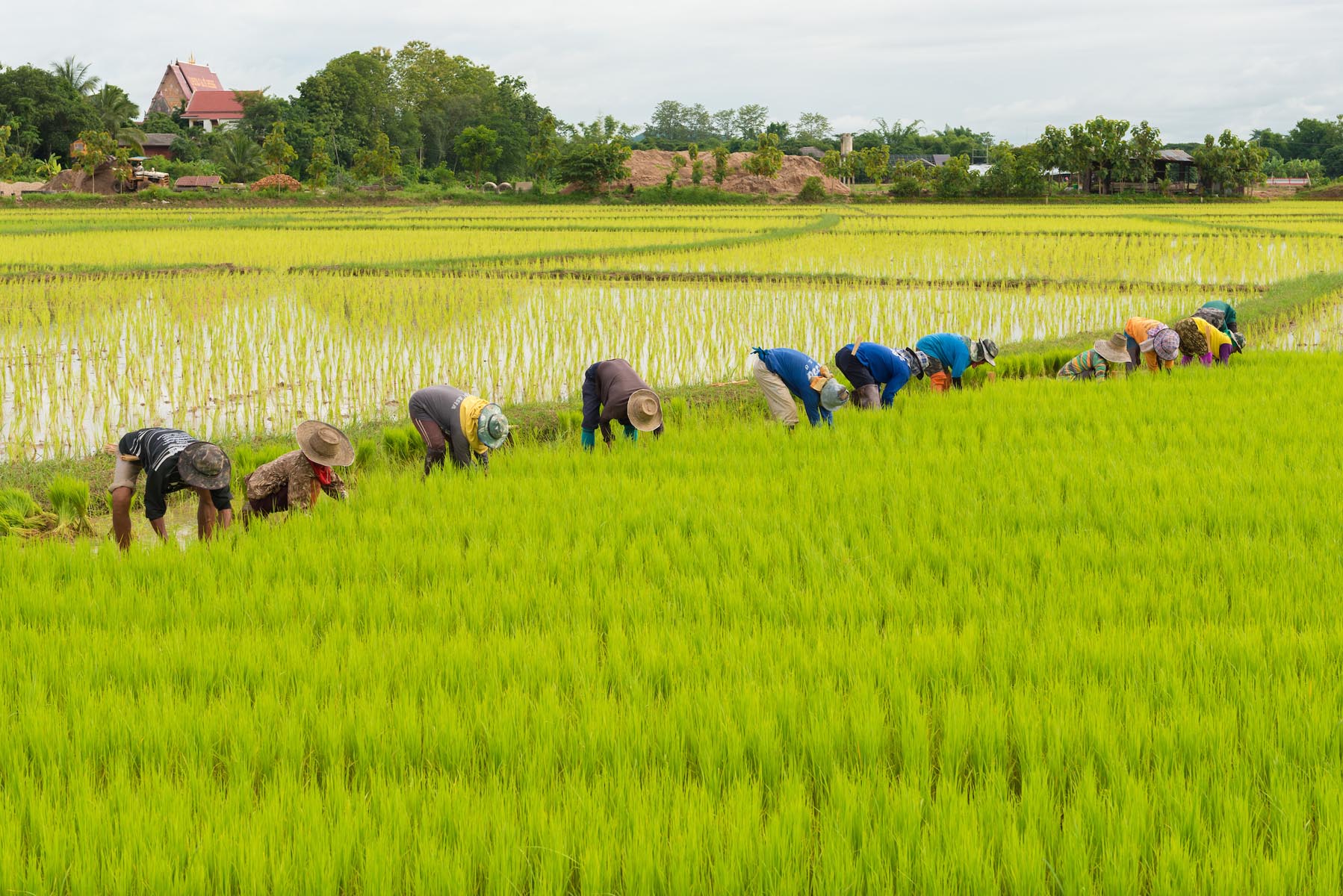Agrifood systems (AFS) play a potentially central role in driving economic growth and transformation in low- and middle-income countries.
AFS can encompass the value added in not just primary agriculture but all agrifood-related processing, trade, and transport sectors up and downstream. Expansion of the AFS’s off-farm components is seen as central to the process of agricultural transformation and is strongly associated with economic development.
This page serves as a repository and information hub for materials related to agrifood system measurement, including agrifood system GDP and employment.









